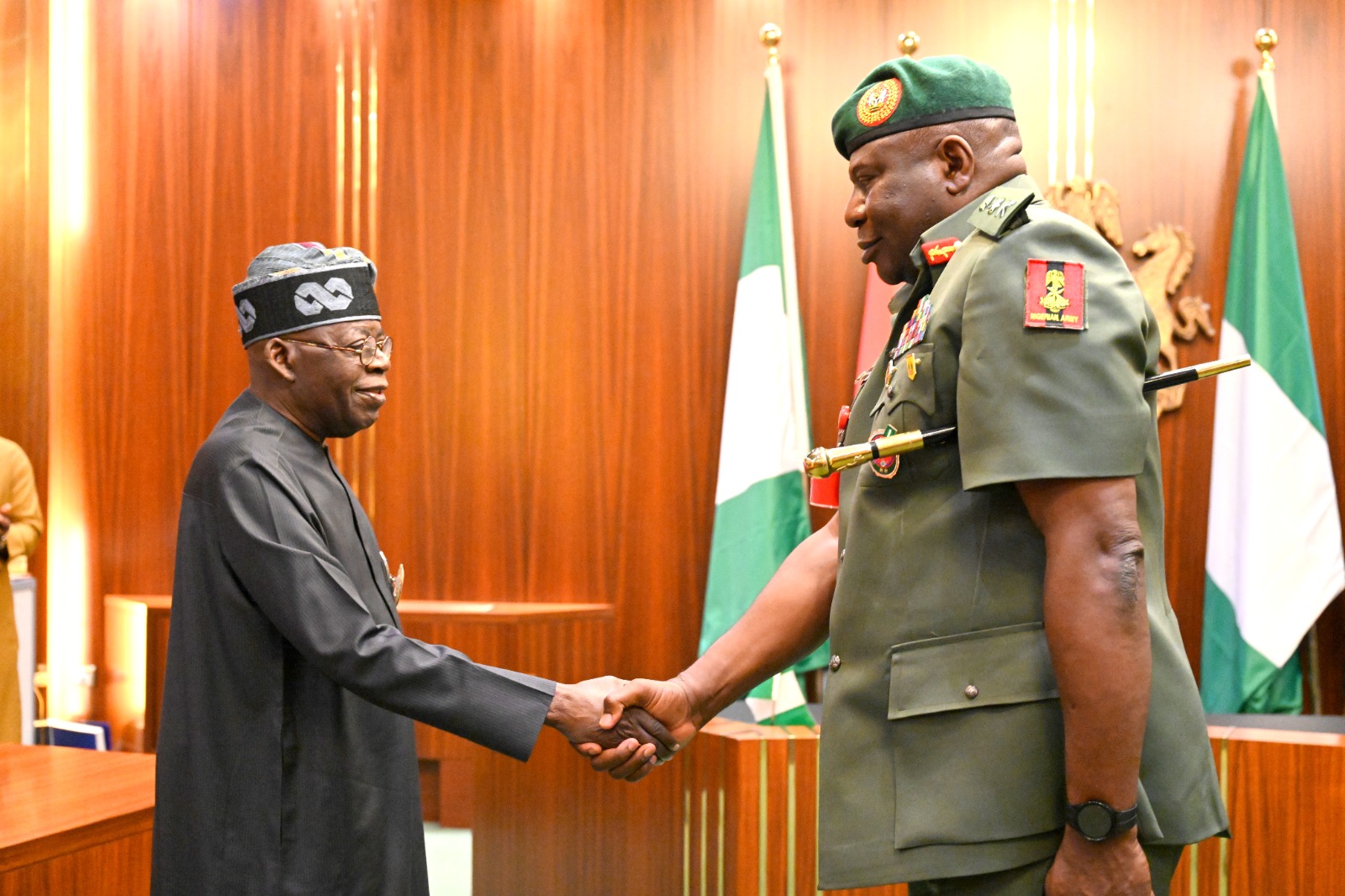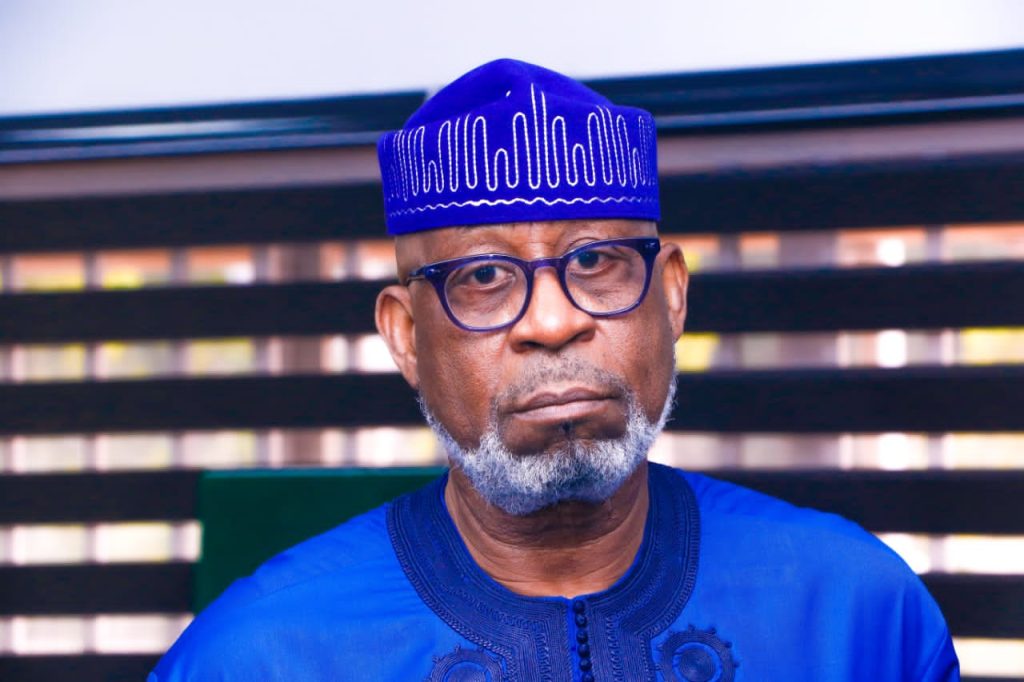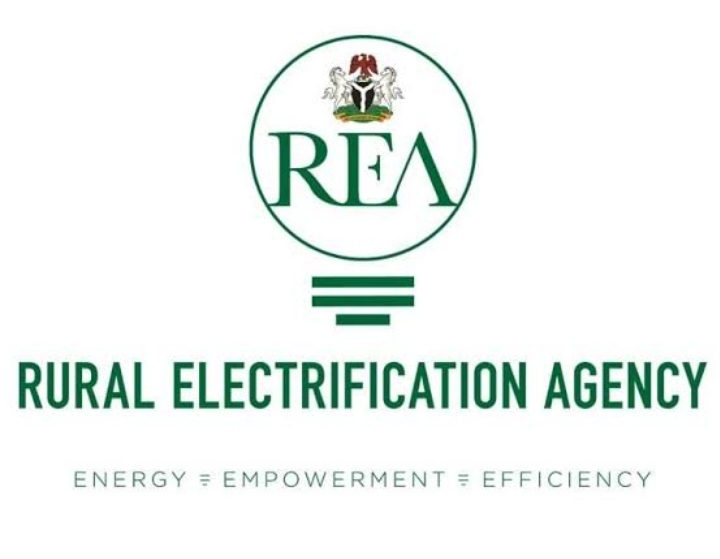Clarence Peter is the son of music maestro, Sir Shina Peters and veteran actress, Clarion Chukwura. Having successfully made his name in the music video directing genre, Peters recently released his Netflix limited series, ‘Inside Life’, and it topped charts for weeks. In this exclusive interview, Peters, who studied film production at CityVarsity School of Media and Creative Arts in Cape Town speaks on his foray into Nollywood. TOMI FALADE brings excerpts.
Tell us about filmmaking and when it started.
Before my first released film, I’ve done a bunch of short films but they never really came out because I did some of them while I was in school, and I did some before school. But my first film would be Hex. The short films I did were really for artistes. So, from Falz’s ‘Soldier’ to ‘Nail Down’ and even some that I can’t remember.
How do you feel knowing that there are people who see, videos like Falz’s ‘Soldier’ as musical videos and not short films.
I get that, but I added it to my discography because it was a collaboration between the label and my production house. I specifically said I wanted it to have narrative content and you can watch them in isolation from the video. That was one of the reasons why I had them. But however people decide to consume it, it’s really up to them.
What inspired Inside Life, or is it just a work of art?
It’s a collage of different personal experiences. Some mine, some from the writers and some from things that we’ve observed over a period of time. Also, things that we experienced from other from other people. But our process is very specific. We start by creating characters, and then when we create characters, we create the word. After we’re done with the whole movie, we start hacking out plots. Usually, I’m inspired by things that I know. I try not to buy something I don’t know.
One of the problems that a lot of youths have with the police is the way police profile people. You carry dreads. Have you ever been profiled, stalked or harassed because of your dreads?
It’s very weird, but I haven’t been harassed because of my dreads. I was actually harassed when I didn’t have dreads. I have been harassed since I’ve had my hair and all of that, but it wasn’t because of profiling, it was because of production.
Should fans expect a sequel to ‘Inside Life’?
By the special grace of God. But it’s not done. The chances of being able to have a season two would largely depend on Netflix themselves and on what the reception of this one is, is like, because they have rights to it for the next five years. Which means I can’t do spinoffs or anything without being on board with them, it has to be a collaboration, unlike the first one that was completely ours and licensed to them.
What was the casting process like, did you have specific people in mind for the different roles?
First off, the casting was done by God because I, I don’t think I’m that, smart. I don’t think I’m that observant to be able to pick the people that finally featured in the project. But I had worked with some of the actors before, especially, the newer ones. I had seen it with music videos, and I had seen the fact that they had the ability of being able to pull, the character apart from them. The only person I had worked with before was Scarlett Gomez. We worked together on Hex, which was my favourite shot, and a lot of music videos before. One of the writers was also the AD.
We saw actors like Gabriel Afolayan who delivered on the role beautifully. It was so unbelievable and the special effects on his face was fantastic. I saw Jigan Baba Oja. These are people that you rarely see on this kind of project, asides Gabriel. With the way you picked your cast, did you use a casting director, or do you watch a lot of Nigerian movies?
Maybe. I think if I watch a lot of Nigerian movies, it would have affected how I cast it. I don’t watch enough to be able to pick up on those. The casting was as transparent as possible, based on who could perform and interpret the character. Interpretation of the character also comes from how who’s ready to put in the work. Some will have the ability to do it. But on the day, they’re just not ready to put into the work. So, the first thing I always look for with actors, even if you don’t seem like you’re perfect for the role, I know that you are committed enough and you believe in the project and in me enough to be able to give me 150 per cent. And then we would we would build up from there.
The world knows that your parents are entertainment-inclined and you are a fusion of music and film. You’ve done exceedingly well with music without necessarily singing. Now you’re in the film industry, making your mark. Do you do anything outside entertainment?
I don’t know how to do anything else. Maybe that’s what the problem is. I wish I knew how to do other things so I can be rich.
I was literally born into it. I always say that if they ban screens, I don’t have anything else to do. But as I get older, I find that the beautiful thing about filmmaking is that it is the only art form that combines every other art form. So, I have picked up a little knowledge about other things. Especially now that I’m starting to have conversations about how to do other things and make them service whatever it is that I do.
I like to think about the business of entertainment, of film, as an ecosystem that incorporates everything else. So, there’s fashion in film, there is woodwork in film, there is hospitality in film, there is financing in film. There are all of these other things. There’s no business that you can think about that doesn’t exist in film. So, if you’re a filmmaker, then you essentially can do every single kind of business that there is because of that.
You have such a big series with lots of cast members, yet we did not see your talented, veteran actress mother. Have you ever directed her in any project?
I once ran away from it for a very long time so that we won’t fight. I shot something that was also narrative work for Yemi Alade, and that was the only time I’ve worked with my mum. It was a good experience. Artistically, we seem to remind each other what it means to be a professional. When I am the director, people deal with me as the director, and they lend themselves to the job. It really makes me understand that they are real professionals at what they do. There is no ego because it is all for the sake of the characters, the story, and the set. My mum not being in ‘Inside Life’ is complicated and that’s all I can say. She was cast for the role. I had someone else in mind. And she was like, no, Zack Orji is probably the person that would be able to do it, based on what she knows that I was trying to achieve.
You’ve never directed a musical video for your dad.
This one is easy to answer. You people should go and write a petition to him. That’s not me. But we have spoken about it. It’s one of those things that we talk about, and it just won’t happen. I also think that working with my dad isn’t going to be like working with every other artiste. My father has very talented kids that people don’t even know are in the arts. So, to do the due service to his legacy and to be able to work with him at the level that my father wants to be able to work, is a lot. My father’s work ethic is a lot higher than what most people are used to. Remember, he plays almost every instrument, and so things need to be properly aligned for him to actually be himself 100%. And I don’t want to work with him if it’s not 100% right.
About three or four years ago, you had an issue with the police. Did that also inspire this work?
Yes, it did. I can’t explain it, but it definitely did.
What’s next for you?
In June, I showed another show that is a very authentic, open version of Inside Life. It’s called Scratch. It’s already shot already. We’re in post-production, and hopefully we should find a home for it soon.
Is your mom in Scratch?
No, she’s not.

 9 hours ago
3
9 hours ago
3












